Once you're pregnant and "eating for two," you start second-guessing every single item you place in your grocery cart. Is it true you can't eat brie cheese? Is canned tuna bad for the baby? Plus, what foods should you load up on to keep your bun in the oven healthy and growing? Look no further than this comprehensive shopping list of foods to buy as well as others to cross off. Follow these nutrition guidelines to rest assured you're starting your baby on a safe and healthy diet from the get-go.
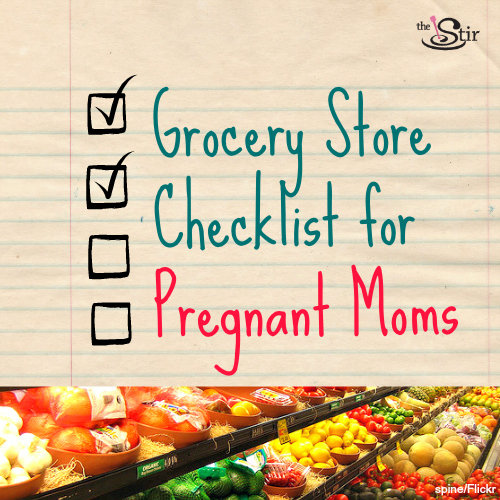
What food did you eat (or avoid) during pregnancy?
Images ©iStock.com/Alija; via spine/Flickr
Include: Foods High in Folic Acid
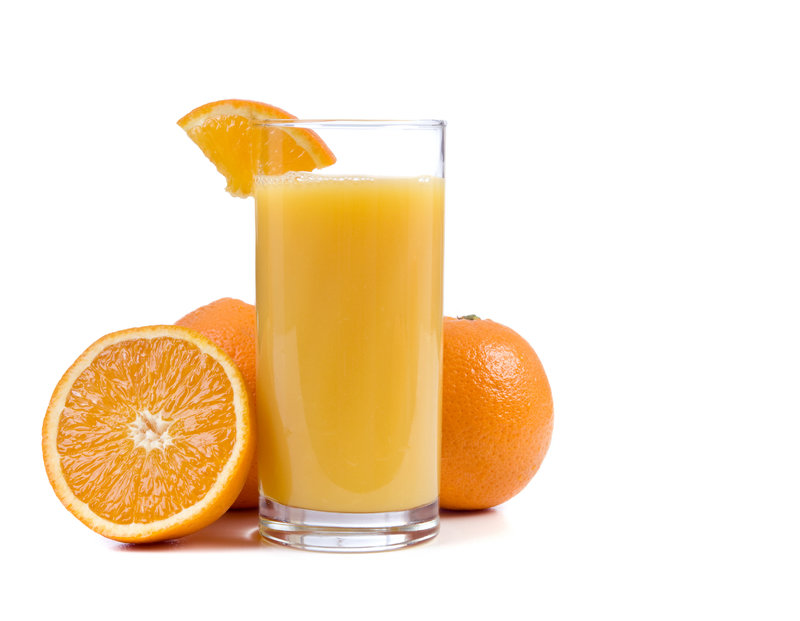
That includes fortified cereal and breads, lentils, edamame, spinach, asparagus, oranges, and orange juice. "Folic acid is essential to the development of your baby’s spinal cord and spinal nerves," says Frances Largeman-Roth, RDN, a nutritionist and author of Feed the Belly: The Pregnant Mom's Healthy Eating Guide. "It’s key in preventing spina bifida and it’s important to get enough both before and during your pregnancy. Your doctor will prescribe you a prenatal vitamin with folic acid, but you’ll also want to eat plenty of foods that are rich in this B vitamin."
Avoid: Too Much Coffee
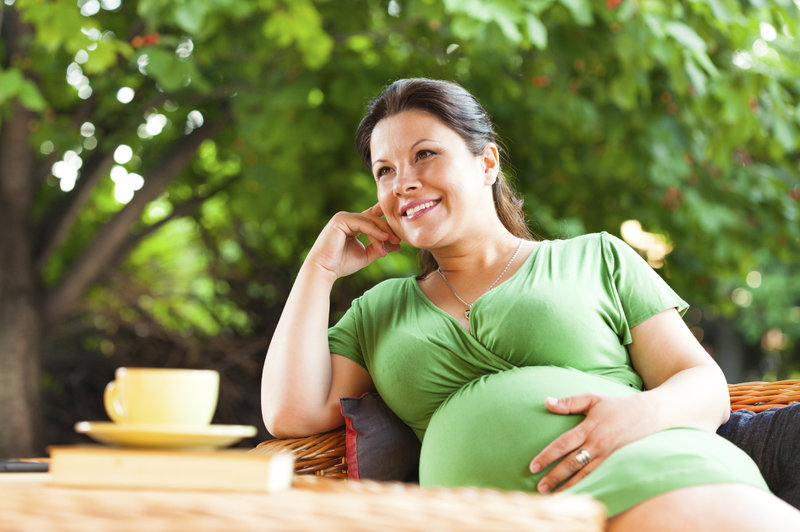
"Stick to 200 mg or less of caffeine per day," advises nutritionist Ilyse Schapiro, RD. The reason: "Excess can cause miscarriage in the early stages of pregnancy."
Include: Cherries
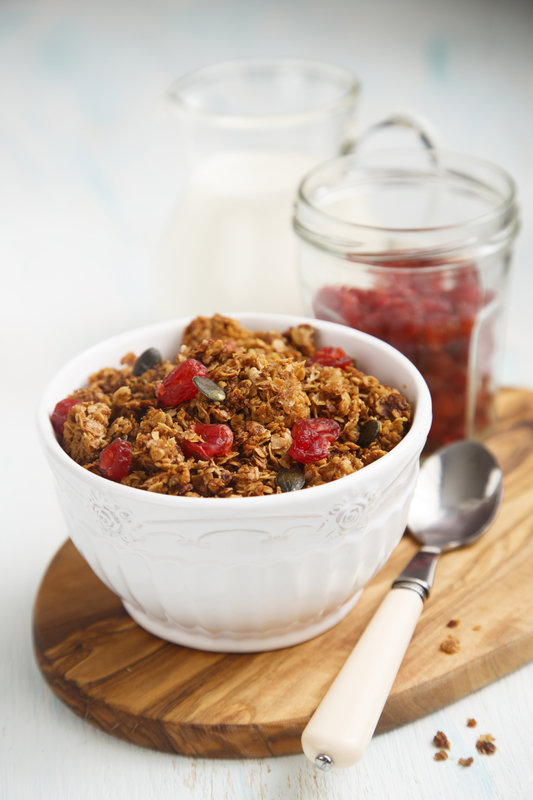
"Most pregnant women deal with sleep issues at some point in their pregnancies," says Largeman-Roth. Studies show that tart cherries — which contain naturally occurring melatonin — may help improve the quality and duration of sleep. "So try sprinkling dried cherries over a bowl of cereal or yogurt as a bedtime snack," Largeman-Roth suggests.
Avoid: Unpasteurized (Raw) Milk and Juice
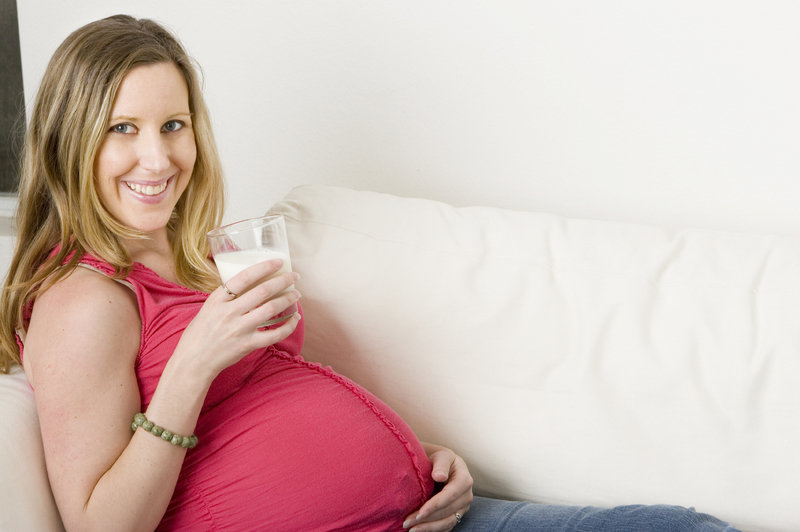
"The concern with these is that they carry the risk of being contaminated with listeria, a bacteria that can be very dangerous to your unborn baby," says Largeman-Roth. "Women who are pregnant are at an increased risk of getting listeriosis because pregnancy weakens your immune system. With the juicing craze, a lot of women ask me whether it’s okay to drink raw juice. I tell them it’s better to make it at home, where they can wash the produce thoroughly. Or they can safely enjoy juices that have been pasteurized, either through the traditional method or through high pressure processing or HPP, which more companies are starting to do."
Include: Foods High in Omega-3 Fatty Acids
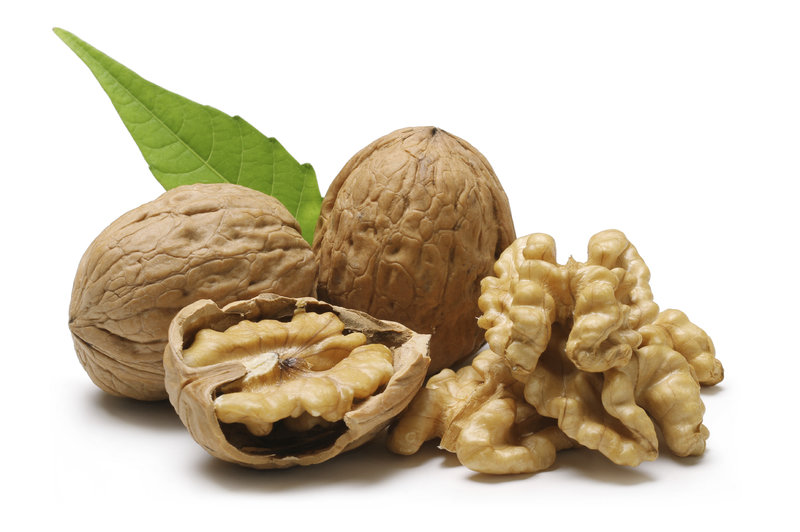
These are plentiful in walnuts, flax seeds, salmon, and tuna. "Include at least two servings of fish or shellfish per week during pregnancy," says Lauren Harris-Pincus, RDN, a nutritionist at Nutrition Starring You. This comes with caveats: "Some fish like albacore tuna, however, are high in mercury, which has been linked to birth defects," says Harris-Pincus. "So instead look for pole and troll caught tuna, which has about 62% less mercury and higher omega 3s." If you’re vegetarian or vegan, look for cereals and breads that contain flax seeds and flax meal.
Avoid: High Mercury Seafood
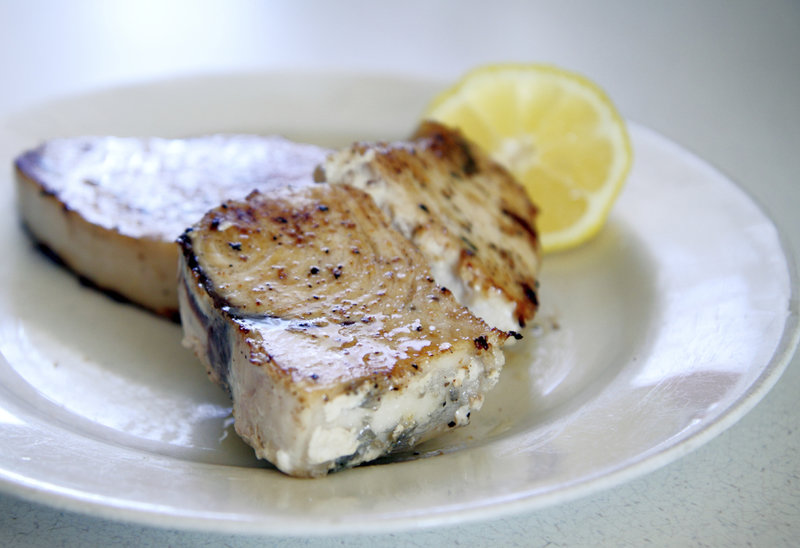
Due to their high mercury content that can impair a baby's developing brain and nervous system, "the four to absolutely avoid are shark, swordfish, king mackerel, and tilefish," says Largeman-Roth*.*
Include: Foods High in Vitamin D
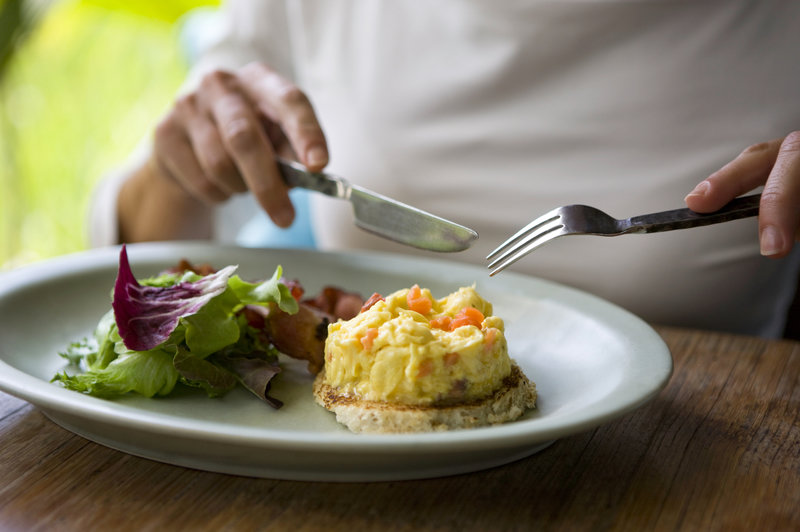
"Vitamin D is necessary for the absorption of calcium and phosphorus and numerous studies point to its benefits during pregnancy," says Largeman-Roth. Vitamin D will be included in your prenatal supplement, but you can also get it in salmon, tuna fish, fortified milk, fortified cereal, and eggs.
Include: Iron-Rich Foods
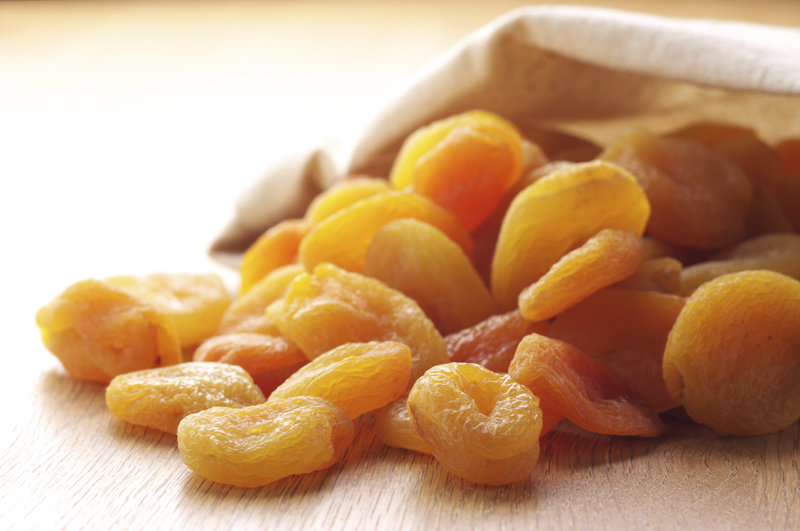
That includes beef, bison, chicken, eggs, salmon, Swiss chard, and dried apricots. "Iron is necessary for the formation of red blood cells, which your body is busy making during pregnancy," says Largeman-Roth. In fact, your blood volume increases by a whopping 50 percent — so iron up!
Avoid: Cold Cuts, Hot Dogs & Deli Salads
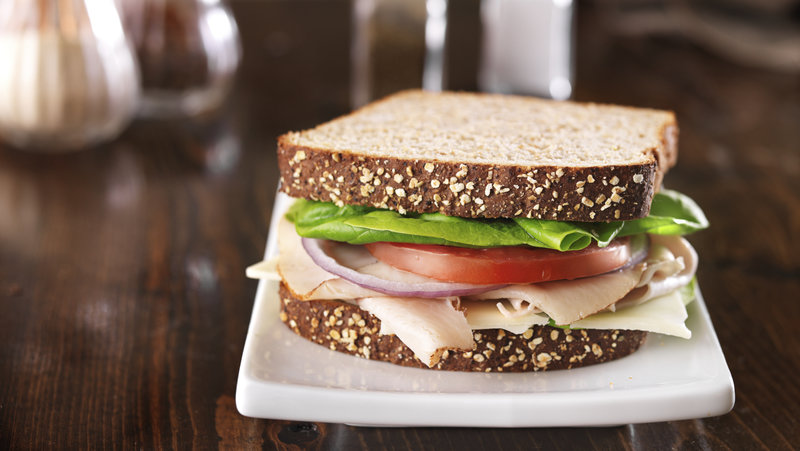
"Listeria is a concern with these foods as well," says Largeman-Roth. "Foods like sliced deli turkey, hot dogs, and egg salad aren’t safe unless you heat them until steaming hot — 165°F — before eating them. And by that point, they’re not very appetizing!"
Include: Choline-Rich Foods
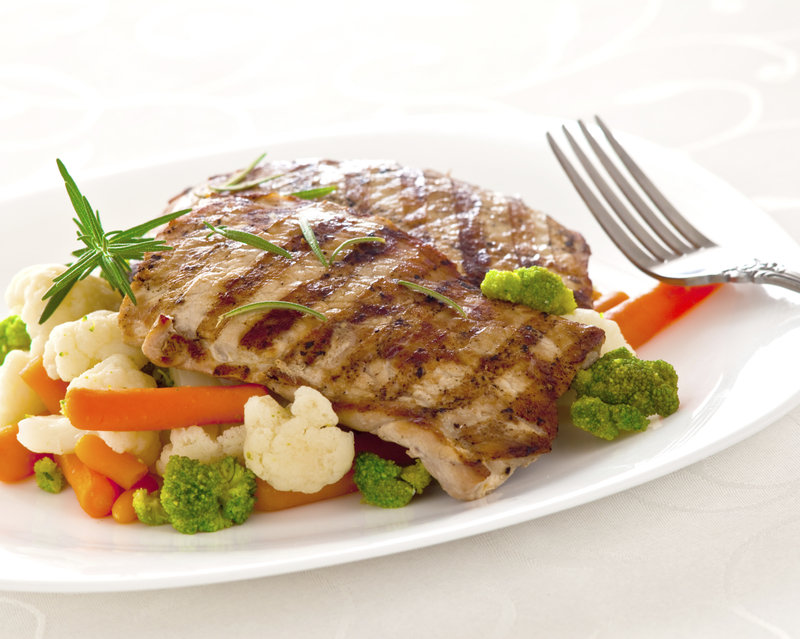
That includes eggs, tofu, pork chops, and cauliflower. "Choline is essential for your baby’s brain development and in the prevention of birth defects," says Largeman-Roth. "It may even help your child’s ability to learn." Just remember, eggs should be cooked until the yolks and whites are firm. Avoid eating raw cookie dough and any sauces made with raw eggs, such as Hollandaise.
Include: Foods High in Calcium
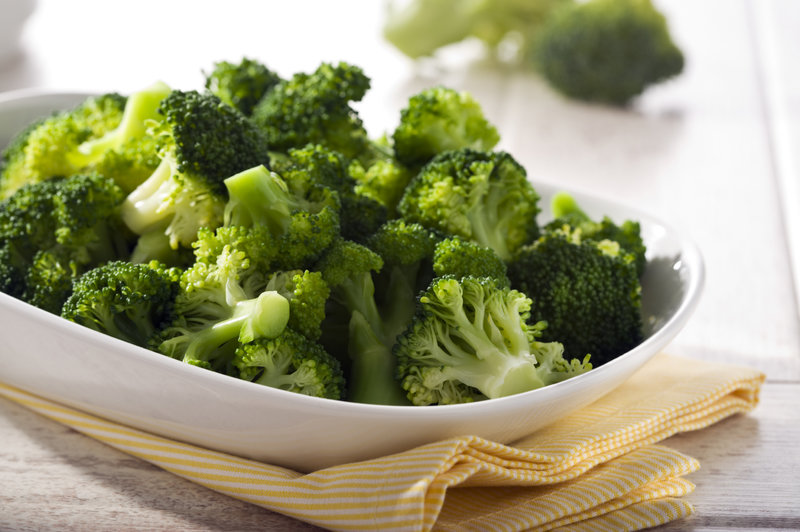
It is essential for building baby’s bones and teeth and isn't just found in dairy products like milk, yogurt, and cheese, but also spinach and broccoli. "Most pregnant women don’t get enough," says Largeman-Roth, adding that intake should average around 1,000 mg daily. "So make an effort to add a few extra servings each day."
Avoid: Unpasteurized Cheese
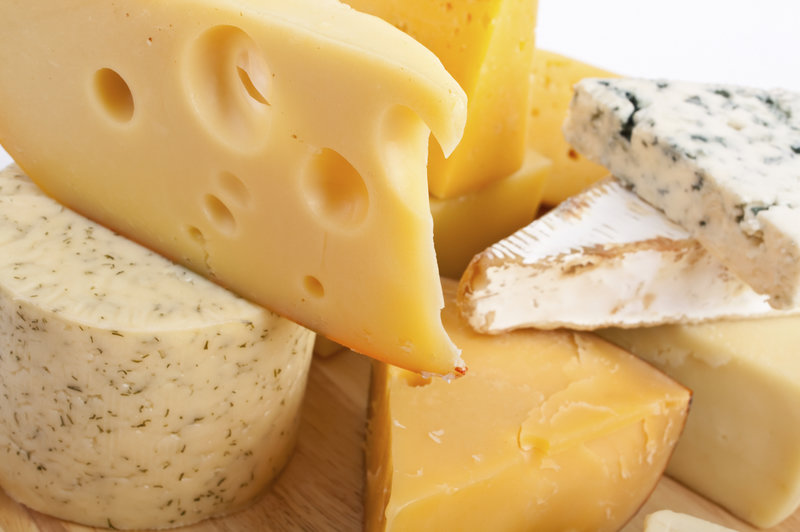
"This also carries the risk of having listeria," says Largeman-Roth. "Avoid cheeses that do not say on the label that they are pasteurized. Ones that are typically of concern include queso blanco and queso fresco, gorgonzola, limburger, feta, brie, and fresh mozzarella."
Include: Foods High in Vitamin C
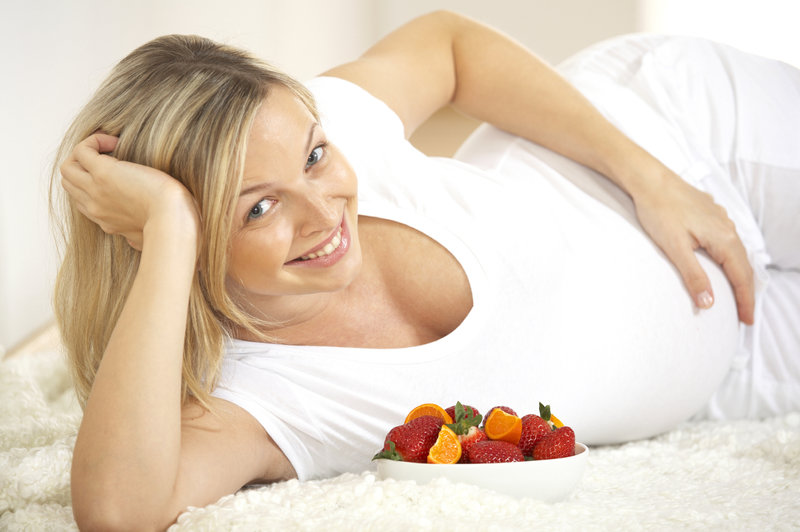
"This is a powerful antioxidant and is important for the growth of new cells," says Largeman-Roth. Fresh fruits and vegetables are rich in vitamin C, with bell peppers, strawberries, broccoli, kiwi, and mango topping the list.
Avoid: Raw Sprouts & Unwashed Produce
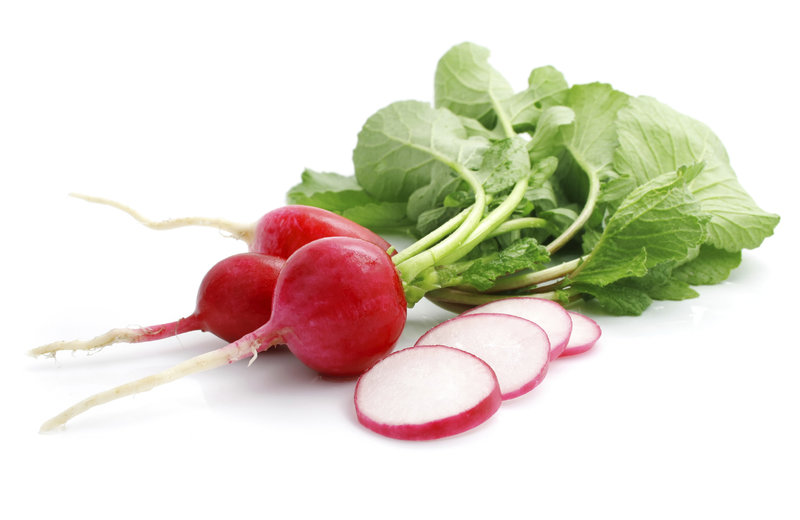
"Skip raw alfalfa, clover, radish, and mung bean sprouts," says Largeman-Roth. "Bacteria can contaminate sprout seeds before they’re even grown. And since they’re not cooked before being eaten, there’s no way to make them safe for pregnant women."
Include: Foods High in Zinc
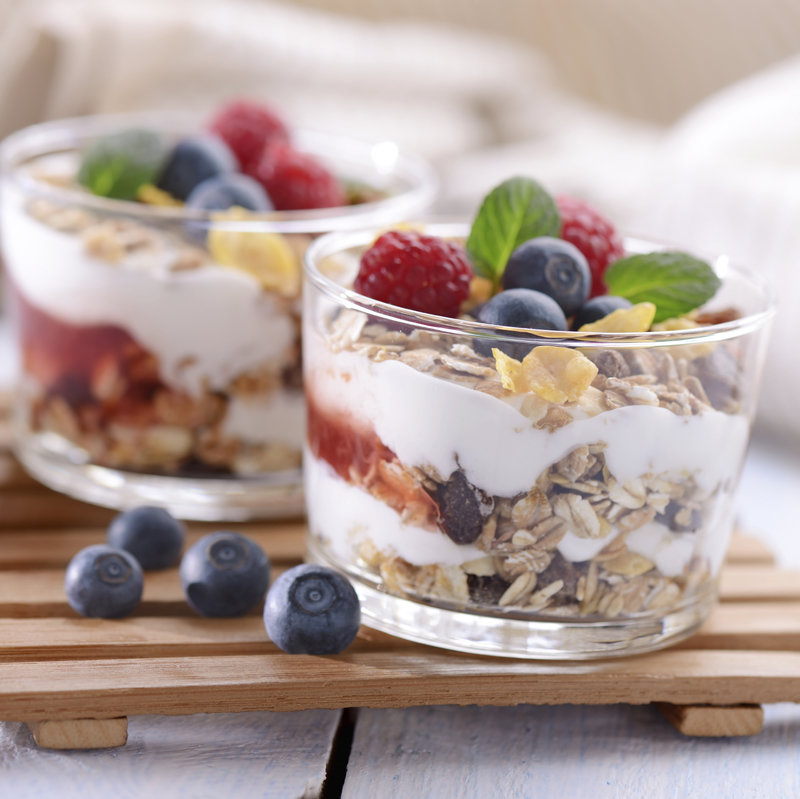
"Zinc keeps your immune system going strong and also regulates gene expression," says Largeman-Roth. Animal sources of zinc include steak, pork, and seafood. Vegetarians don’t absorb zinc from food as well as meat eaters, so if you’ve vegetarian or vegan, make sure to increase your intake of zinc-rich foods, like fortified cereals and yogurt.




